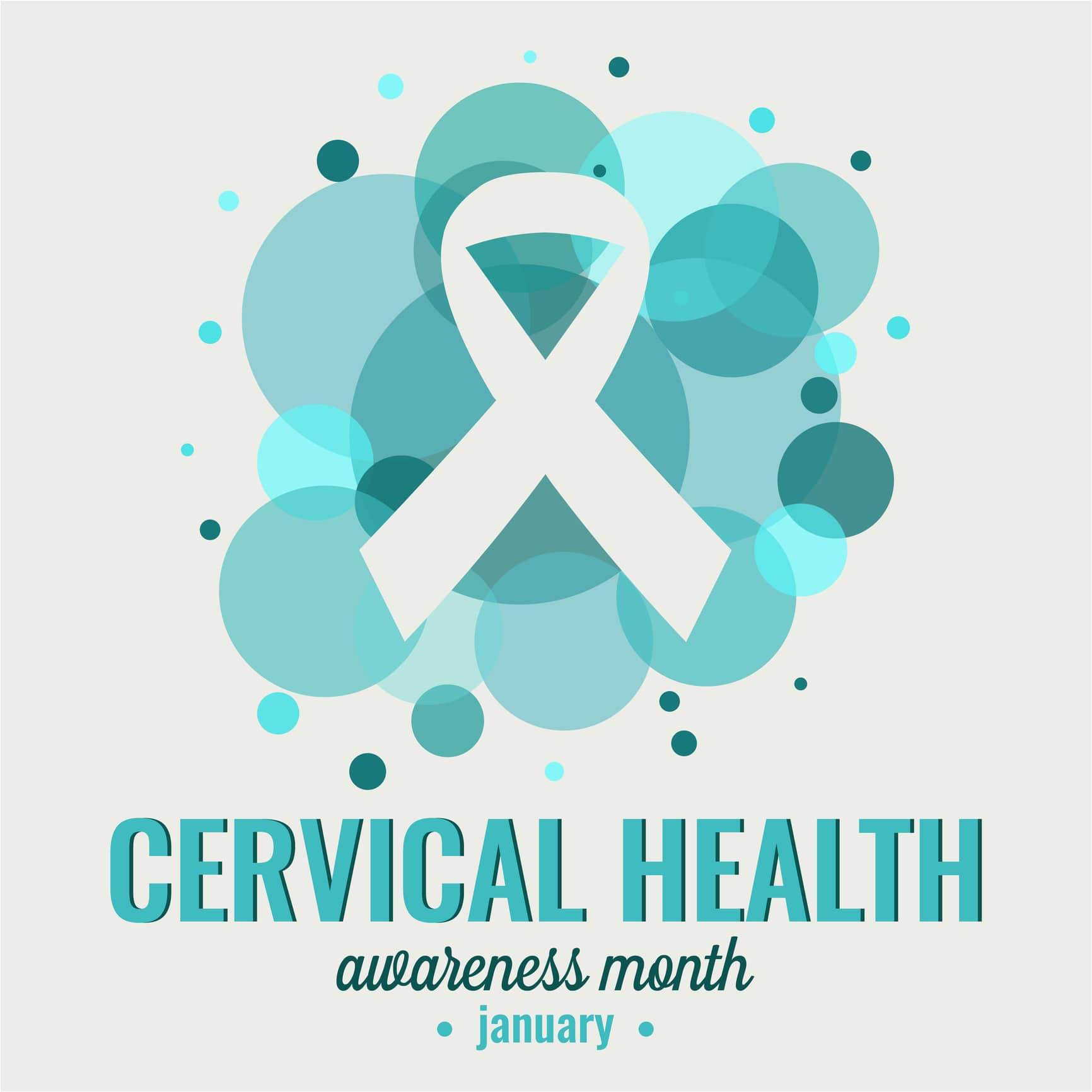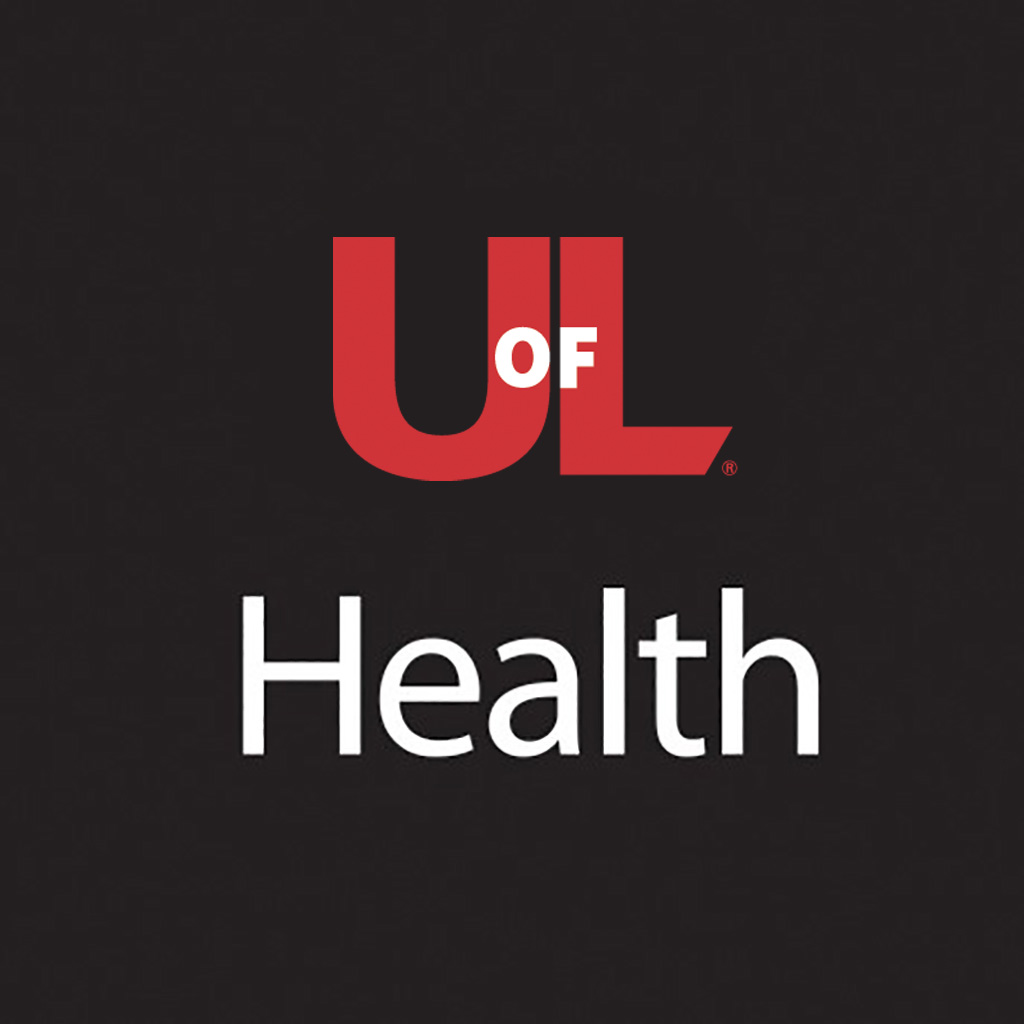
In the United States, more than 107,000 women will be diagnosed with gynecologic cancer this year. January is cervical health awareness month. However, any time is a good time to bring awareness and share prevention tips for all gynecologic cancers. Let’s talk about these cancers!
Endometrial Cancer
Endometrial cancer is the most common gynecologic cancer among women in the United States. In 2016 more than 12,000 women were diagnosed with endometrial cancer. Most women with endometrial cancer will have abnormal menstrual bleeding or vaginal bleeding after menopause. Evaluation is done with imaging and tissue sampling. Most endometrial cancers will be caught early and can be treated with surgery alone, although some women will require localized radiation therapy. However, individuals that have more advanced diseases require a combination of radiation and chemotherapy. Recent efforts in the research community have focused on identifying new drugs to treat advanced or recurrent endometrial cancer. Endometrial cancer is finally getting some of the attention it deserves!
Cervical Cancer
Cervical cancer, although uncommon in the United States due to widespread screening programs, has a high incidence in Kentucky. More than 200 women in Kentucky are affected by cervical cancer yearly. Infection with human papillomavirus (HPV) is the main cause of cervical cancer. The HPV virus can be prevented by the HPV vaccine and thus can prevent cervical cancer, in addition to other HPV diseases like genital warts. Cervical cancer may be detected by Pap tests, exams or by identifying symptoms of abnormal bleeding or pain. Cervical cancer is treated with surgery, chemotherapy and radiation therapy. Cervical cancer, when caught early, may be cured. However, advanced cervical cancer can be challenging to treat. New treatments with target medications provide new hope for patients with advanced or recurrent diseases. Increased awareness of the HPV vaccine, cervical cancer screenings, and common symptoms of cervical cancer could help to save lives!
Vulvar and Vaginal Cancer
Vulvar and vaginal cancers are very rare in the United States. These cancers are caused by the HPV virus or by other skin conditions. They are detected by symptoms, such as itching, vaginal discharge or vaginal bleeding. The diagnosis is made by a tissue biopsy. Treatment may involve surgery, chemotherapy or radiation therapy. Although there is not a screening test for vulvar or vaginal cancer, recognition of symptoms by patients and their providers could allow for the disease to be detected early. Tell your provider if you are concerned!
Ovarian Cancer
Ovarian cancer has the highest rate of death from cancer disease for gynecologic cancers. There is not a consistent or straightforward screening or test for ovarian cancer. Pay attention to your body and know what is normal for you. Pain or pressure in the pelvis, bloating, feeling full quickly, changes in your bowel or bladder pattern, and abnormal vaginal bleeding may be signs and symptoms to see a health care provider right away. Treatment usually includes surgery and chemotherapy. Clinical trials are ongoing, however, and potentially expanding treatment options for the future!
Spread the word!
There are currently more than one million women living with gynecologic cancers. Recognition of their disease, as well as their struggles through treatment and their continued journeys through cancer, helps to raise awareness of these diseases. Spreading information about symptoms of gynecologic cancer, screening tests, and vaccinations may help to save women’s lives. Advocating for increased research for life-saving treatments will help researchers to find new medications and treatments for these diseases and the side effects that come with treatment. We have come a long way to start the discussion on “below the belt” cancers. Let’s keep it going!
If you have concerns about your gynecologic health, don’t be embarrassed about what’s going on “below the belt” – talk to any health care provider or gynecologist!
Make an appointment with a gynecologist at UofL Physicians – OB/GYN & Women’s Health. Call 502-588-4400 or request an appointment online.
If you’ve been diagnosed with gynecologic cancer, hope is available at UofL Health – Brown Cancer Center. Call 502-561-7220 or request an appointment online.









